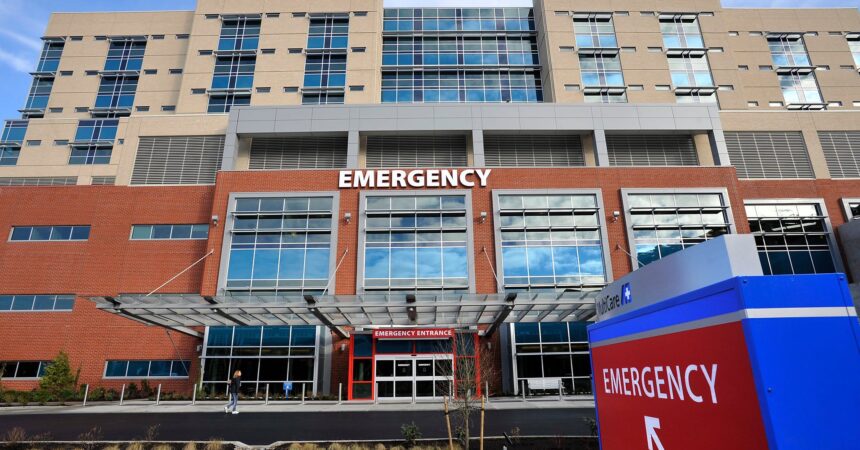When a 19-year-old patient arrived at MultiCare Good Samaritan Hospital’s emergency department after experiencing cardiac arrest, the team jumped into action.
The patient, Aidan, suffered another cardiac arrest in the emergency department, and yet another after he was transferred to the ICU.
Aidan was young and healthy with no prior medical history. A sense of shock and confusion rippled throughout the care team. How could this happen?
As staff responded to the code, firefighters from the Graham fire department lined the hallways of the ICU — not as first responders working the code, but to support the patient’s family.
The Pulse team soon discovered the patient’s father was a firefighter — and the patient was a volunteer firefighter. Aidan was one of their own.
After the code, one of the nurses, exhausted and overwhelmed with emotion, stepped out of the patient’s room. A firefighter — previously a stranger to her — stepped up and hugged her.
This gesture of support and kindness was a prelude to many more that followed throughout the next several days as the team struggled to stabilize the patient. The fire department gathered in the hallway and waiting areas, never hovering or crowding but close enough to let the family and care team know their support was there.
The Pulse team had become one of their own, too.
With the family at Aidan’s bedside and the fire department standing by in support, the care team worked around the clock to care for this young patient who had so quickly made an impact on everyone.
From the emergency department to the ICU, the Good Samaritan teams pulled together in partnership with one goal: save this patient.
One provider stood out in the crowd of talented care team members: Nick Furiasse, MD, heart failure cardiologist.
Dr. Furiasse spent countless hours at the bedside and with the family, who had spent hours researching to help Aidan. They had many ideas to share and questions for the doctor.
Dr. Furiasse never gave the impression the family was taking up too much of his time, they say. He was kind, compassionate and patient with them during every interaction.
“I have never in my 10 years of nursing watched a doctor take care of a patient and their family the way Dr. Furiasse did,” says Nurse Manager Courtney Richard. “It truly felt like this was his family, too.”
Dr. Furiasse pursued all the theories and ideas the family presented, explained every treatment the team tried and possibilities of what could happen. He checked on Aidan and his family multiple times a day, staying on the unit with them long after he made his rounds.
“This is the care the family needed,” says Richard. “This truly helped the family process what was happening. It was extraordinary to watch. It brought the care back into the medical field that so many of us have been missing since going through a pandemic. You could tell he truly cared for this patient and their family. It warmed my heart.”
Nurse Manager Shannon McSorley echoes Richard.
“Dr. Furiasse was amazing,” she says. “He was not only supportive of the family but of the whole staff. We felt so supported as nurses, reassured and encouraged. He truly led this team in such an amazing way.”
Sadly, Aidan succumbed to his heart disease with his entire family by his side. He was surrounded by people who genuinely cared for him.
Weeks later, the care team, the community of firefighters and the family were still thinking of one another.
Nursing leaders chipped in for a special gift — a heart sculpture — and presented it to the family at the Graham fire department in May. Several care team members will be attending Aidan’s celebration of life later this summer.
Aidan’s family says they’re thankful for the support our teams showed them, beyond the care he received as a patient. Parents Bill and Elizabeth are “comforted knowing that he is still making an impact on so many lives even after his death.”
The respect between the family, the physicians and the nursing teams is tangible. They made a connection none of them will forget that reminded the care team why they work in health care: They make a difference — not only to their patients, but also to each other, the broader MultiCare team and the community.




